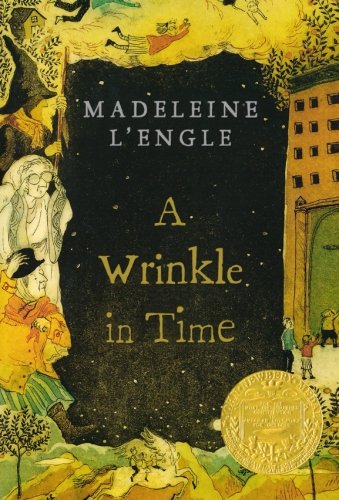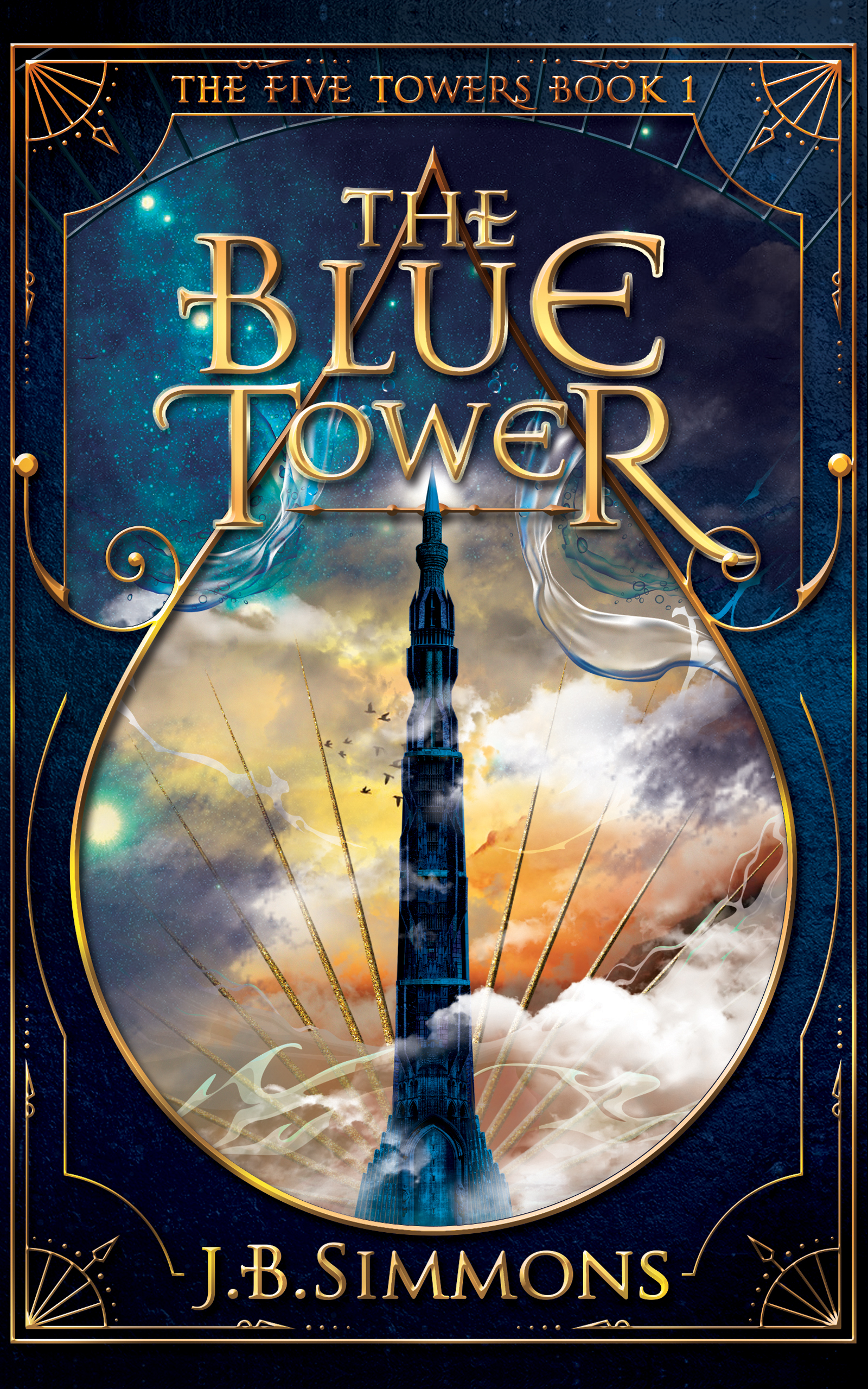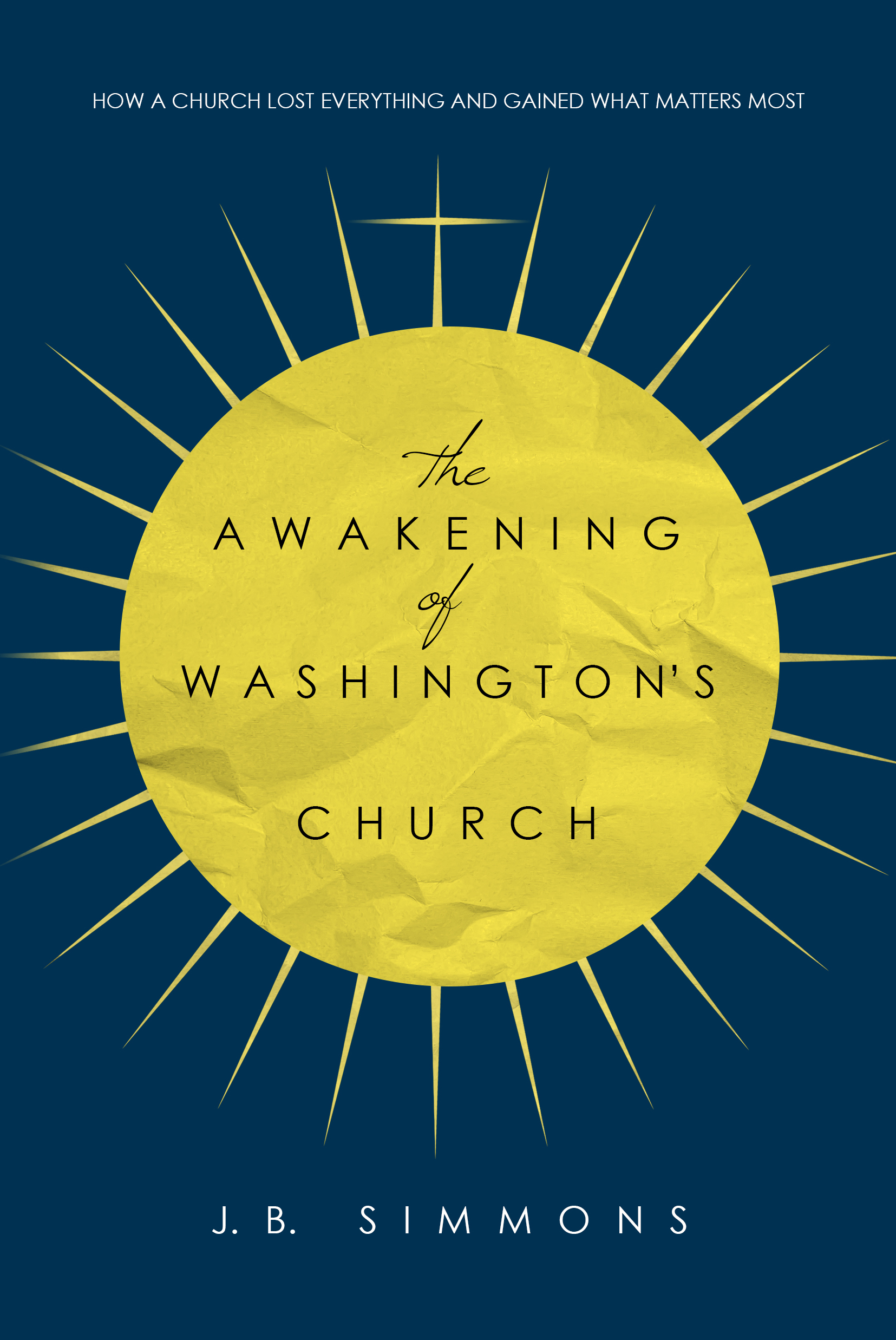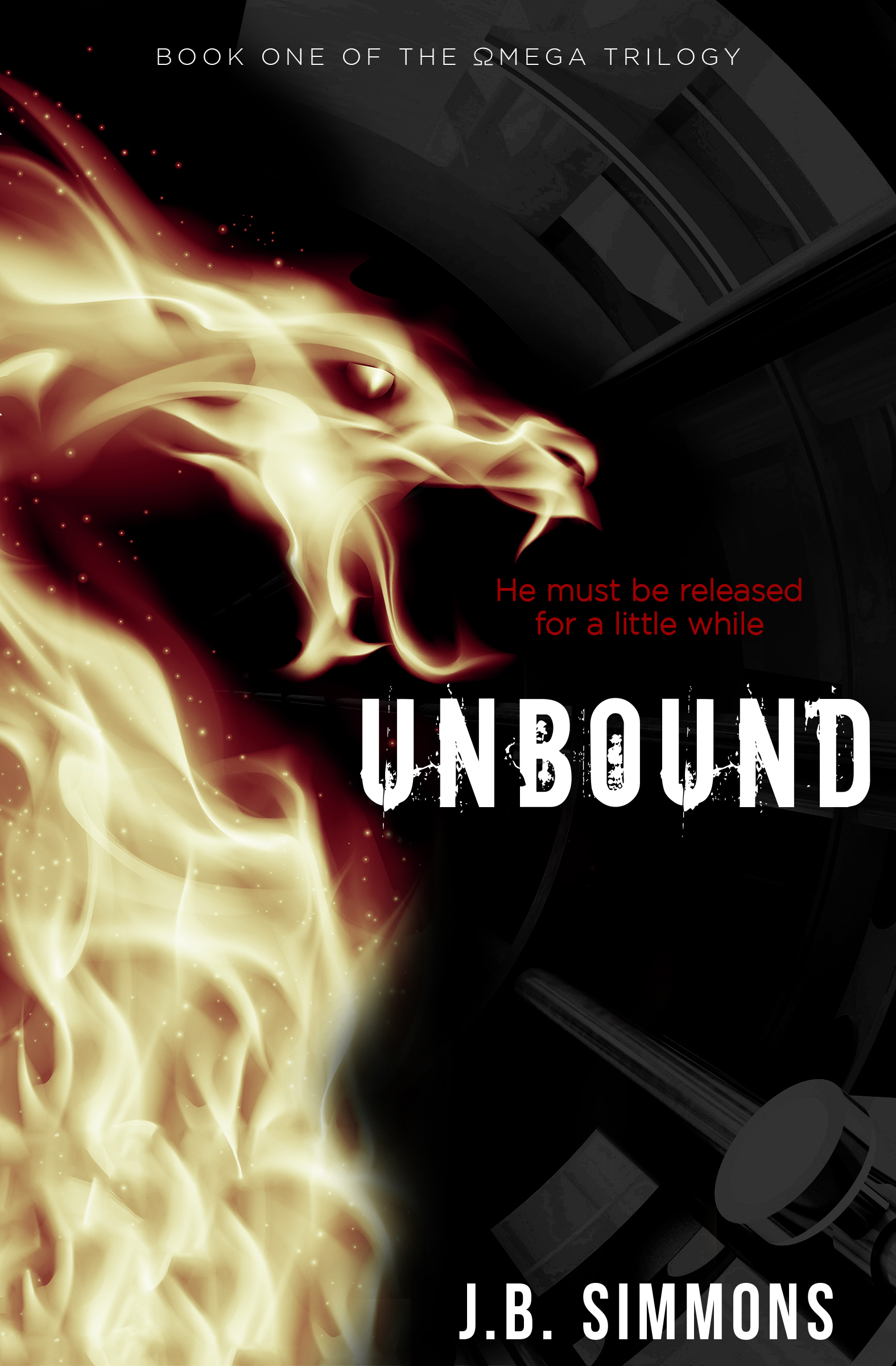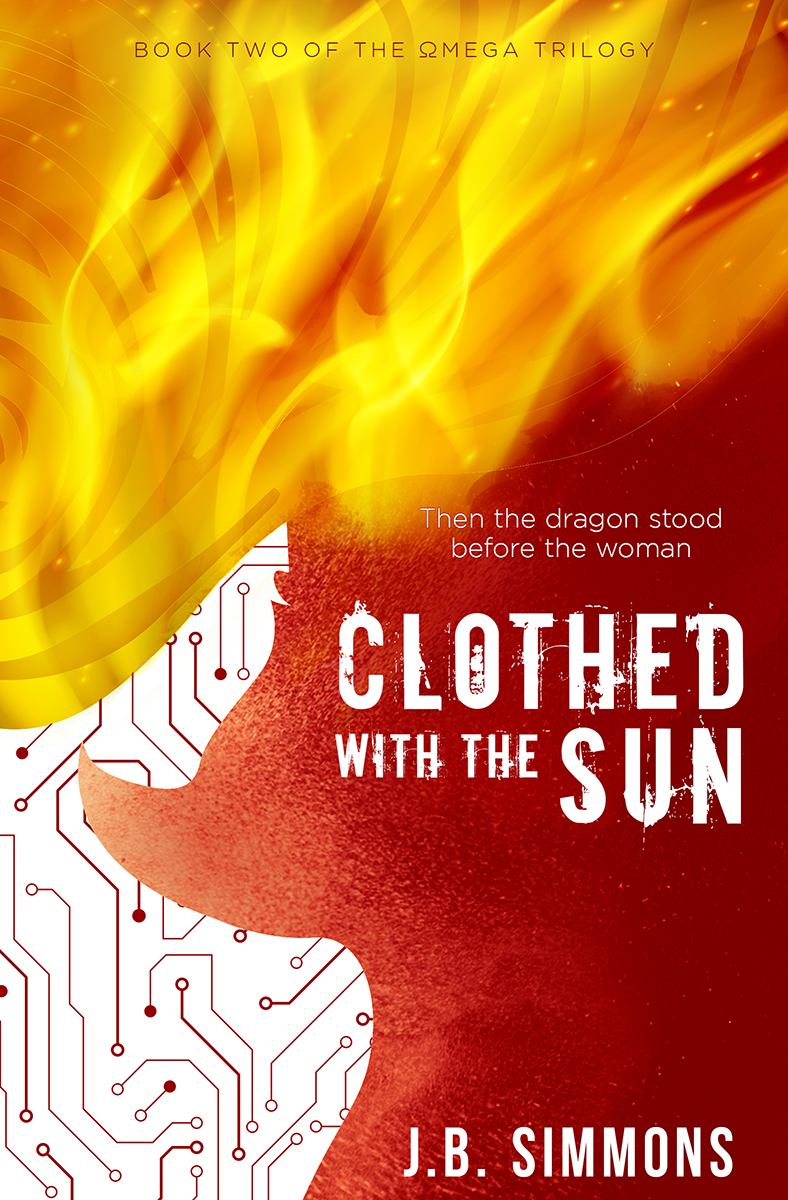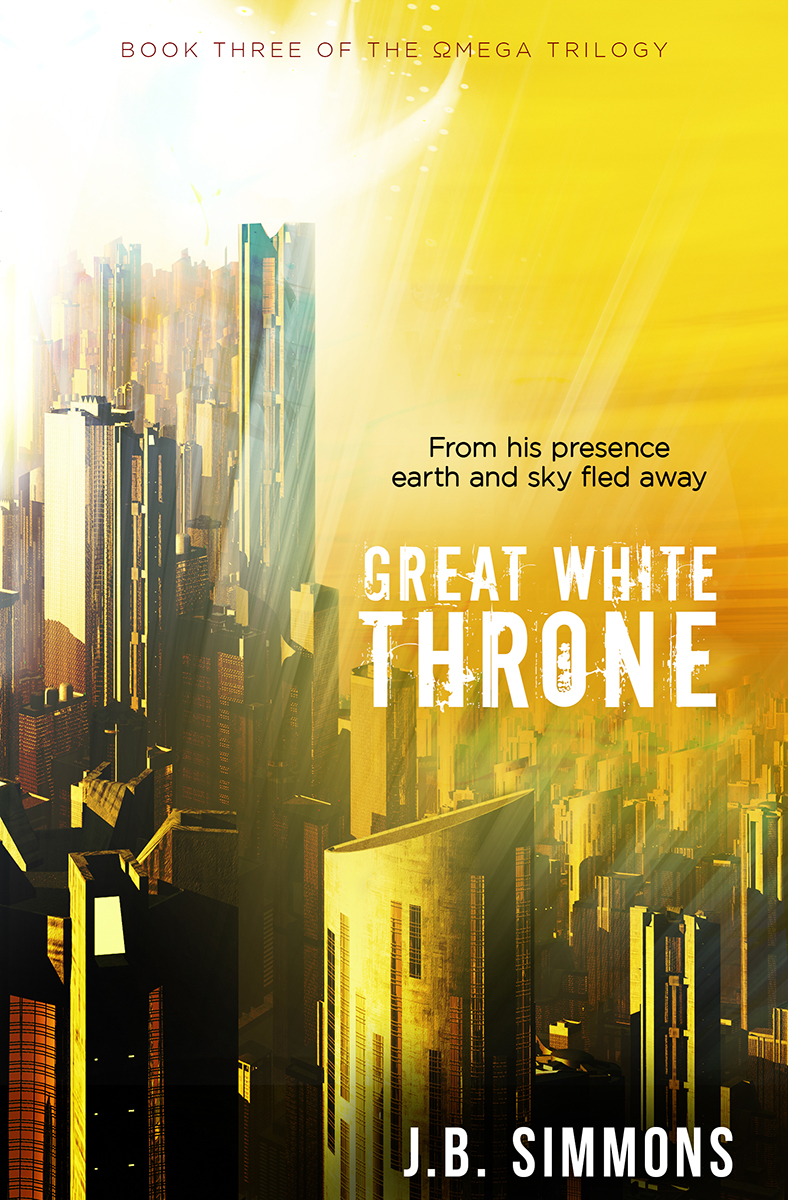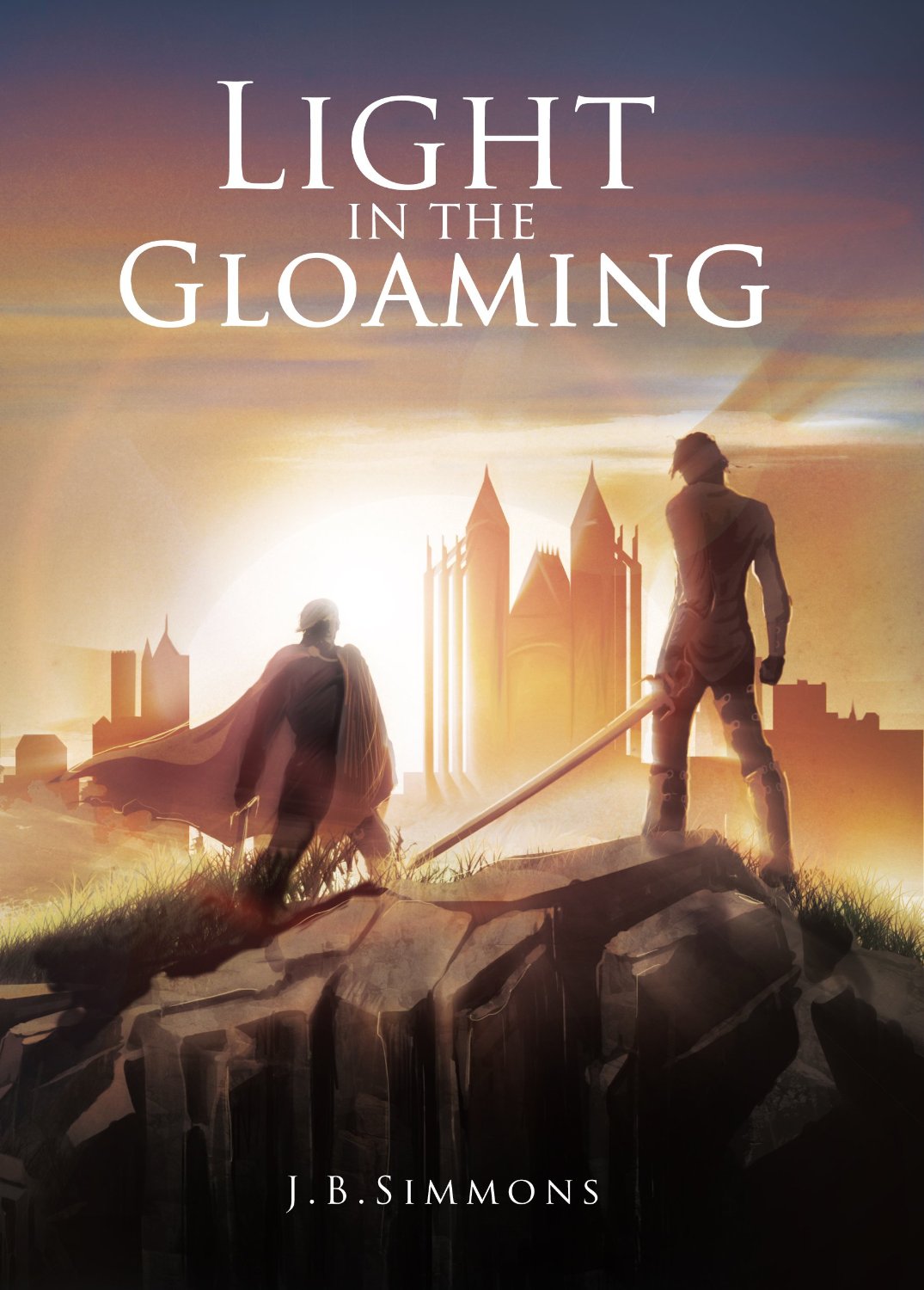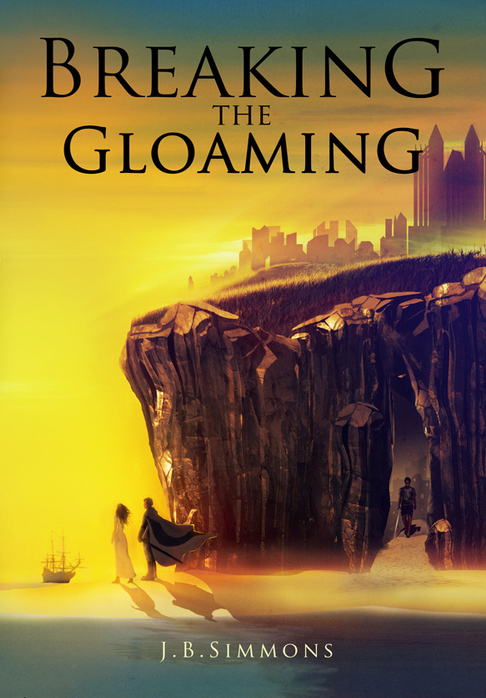Why Children’s Classics Speak To Us Today: A Wrinkle in Time and The Last Battle
/I recently read these classics by Madeleine L’Engle and C.S. Lewis for the first time. I don’t know how I missed them as a kid. But better late than never.
The scope and style blew me away. Of course they’re good, that’s why they’re classics. But why? What has made them stand the test of time? Or, to put it another way, who will be reading the Percy Jackson, Divergent, Twilight, and my own Unbound series in 50 years?
Let's find out.
What Makes Lewis’ and L’Engle’s Work “Classic”
Literary scholars might point to strong storytelling and eternal themes. True, yet I think there's more to it than that.
We know it's not just prose. While authors write for both the present and the future in varying degrees, they’re all bound by the language of their time. This makes many classics difficult to read. Ye Olde English in Beowulf. Shakespeare’s iambic pentameter. The KJV Bible. So, clear wording is not necessary, but it can help — especially when it's not defined by the culture of its day.
What about A Wrinkle in Time and The Last Battle? Starting with Wrinkle, it has that rare, bare, and polished style that hits you like a breath of fresh air. There is talk of grand mathematical principles, but not of the current culture or technology. It goes beyond technology. It enlivens the imagination. The story is simple: a journey of some kids to find their father, but the settings and airy text make the adventure surreal and special.
The Last Battle’s prose is more quaint, but similarly detached from the world around Lewis when he wrote the book. Tales of Narnia involve talking animals, but no talking heads on TV. They involve battles, but no guns. That makes the story live up to any era.
None of this is to say the books are perfect. No book is. And, in fact, by stepping away from the cultural things of their day, L’Engle’s and Lewis’s stories might have had less immediate impact, with the payback of longer impact.
What Makes a Bestseller Today
Sorry, no one has the magic bullet on this one. But we can look at the successes: Percy Jackson, Divergent, and Twilight, just to name a few. They’ve out-sold Wrinkle and Last Battle by exponential multiples, but will they last? Maybe not. The same cultural immediacy that gives them pow now may weaken their force over time.
Lately a debate has arisen about whether this is a bad thing. Are these books “gateways” to kids reading better literature? Do the classic books look dated today? A recent Atlantic column argues in favor of Percy Jackson, claiming that YA fiction doesn’t need to be a gateway to the classics.
Okay, fair enough. But are the classics truly “dated”? If so, maybe we should stop calling them classics. The world won’t end if Treasure Island no longer grabs children’s interests. Maybe someday Lewis’s charming English style will fall out of favor. Maybe it already has. Maybe that’s why more kids today know about Narnia from movies than from books.
And maybe this is why some have come out “Against YA.” They say, “read whatever you want, but you should feel embarrassed when what you’re reading was written for children.”
Not true! As L'Engle herself explained: "You have to write the book that wants to be written. And if the book will be too difficult for grown-ups, then you write it for children.” So why would there be anything wrong with adults reading children's stories? The only embarrassment comes when the books written for children are temporary and flighty — because of what those books say about us.
What Successful Books Say About Us
The author of the Atlantic column writes: “But that’s the thing about aesthetics; there isn’t a single standard, or a single agreed-upon rubric for what is ‘good.’” This hides a more dangerous assertion. What is “good” changes from generation to generation, and perhaps the “good” books for today’s children are a bad sign precisely because many of them are so immediate, so entrenched in the present.
Again, no need to blame the children. We, too, might be free from blame. The reality is that it’s just harder, for everyone, to get swept up in something grand when we’re always keeping up with the hot, new, and ultimately small thing. Memes pull us away from epics. Tweets limit stories to 140 characters.
The good news: if you unplug and ignore the new and small things, the great books will still be there. They’re classics for a reason.
Let’s make our words count -- J.B.

